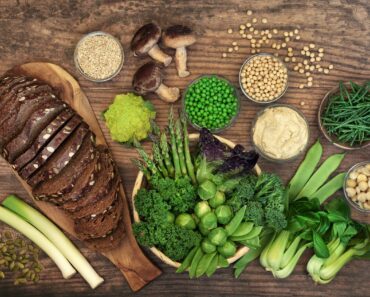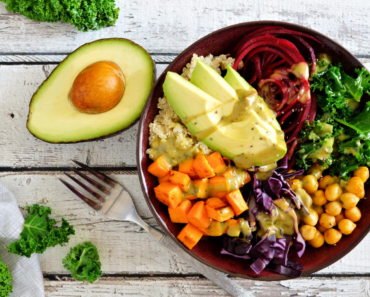When Dieting: What Foods to Avoid – The Ultimate Guide
Introduction
Embarking on a diet journey is a commendable step towards achieving a healthier lifestyle. However, knowing what foods to avoid is just as crucial as understanding what to include in your diet. This guide aims to shed light on the foods that might hinder your progress and offer healthier alternatives to ensure your dieting efforts are fruitful.
Table of Contents
Understanding Diet and Nutrition
Diet plays a pivotal role in reaching your fitness and health goals. A balanced diet not only helps in weight management but also supports overall health. It’s essential to focus on nutrition-rich foods that fuel your body and avoid those that offer little nutritional value.
When Dieting: What Foods to Avoid
High-Sugar Foods and Beverages
Sugary foods and drinks are among the top culprits in sabotaging diet efforts. They can lead to weight gain, spikes in blood sugar levels, and long-term health issues. Opt for natural sweeteners and hydrate with water or herbal teas instead.
Refined Grains and Processed Foods
These foods are stripped of their nutritional value and can lead to overeating. Choose whole grains and minimally processed foods to keep your diet on track.
High-Calorie Fast Foods
Fast food is convenient but often loaded with calories, unhealthy fats, and sodium. Preparing meals at home allows you to control ingredients and portions.
Trans Fats and Fried Foods
Trans fats are harmful and can increase the risk of heart disease. Avoid fried foods and opt for baking, grilling, or steaming instead.
High-Sodium Snacks
Excessive sodium intake can lead to high blood pressure and water retention. Look for low-sodium options or snack on fresh fruits and vegetables.
Excessive Dairy and High-Fat Cheeses
While dairy can be part of a balanced diet, high-fat cheeses and full-fat dairy products can add unnecessary calories. Choose low-fat or plant-based alternatives.
Sugary Cereals and Breakfast Foods
Start your day right by avoiding sugary cereals and opting for whole-grain or protein-rich breakfasts.
Alcohol and Caloric Beverages
Alcohol and sugary drinks can significantly contribute to calorie intake without providing nutritional benefits. Moderation is key.
Processed Meats and High-Fat Cuts
Opt for lean proteins and plant-based alternatives to reduce saturated fat intake and improve your diet quality.
Empty-Calorie Foods: A Detailed Look
Foods high in calories but low in nutrients can derail your diet efforts. Focus on nutrient-dense foods to satisfy hunger and support your health.
Healthy Alternatives to Common Unhealthy Foods
Swapping unhealthy foods with nutritious alternatives can make a significant difference in your diet. Experiment with recipes and ingredients to find satisfying and healthy options.
Reading Labels: Identifying Hidden Diet Saboteurs
Understanding labels can help you make informed choices and avoid foods that may appear healthy but are actually high in sugar, fat, or calories.
The Psychological Aspect of Avoiding Certain Foods
Managing cravings and emotional eating is crucial for diet success. Find healthy ways to cope with emotions and maintain a balanced diet.
Incorporating Whole Foods into Your Diet
A whole food diet emphasizes natural, minimally processed foods. This approach can improve your health and support weight management.
Meal Planning and Preparation Tips
Planning and preparing meals in advance can help you avoid unhealthy choices and stay on track with your diet goals.
The Impact of Liquid Calories
Beverages can be a hidden source of calories. Be mindful of what you drink and choose options that support your diet and hydration needs.
The Role of Moderation in Dieting
Finding a balance in your food choices allows you to enjoy a variety of foods without compromising your diet goals.
Common Mistakes to Avoid When Dieting
Focusing solely on calories can overlook the importance of nutritional value. Ensure your diet is balanced and nutritious.
FAQs
This section would address common questions and concerns related to dieting and food choices, providing readers with practical advice and insights.

Conclusion
Understanding what foods to avoid when dieting is crucial for achieving your health and fitness goals. By making informed choices and incorporating healthy alternatives, you can enjoy a balanced and satisfying diet that supports your overall well-being.


